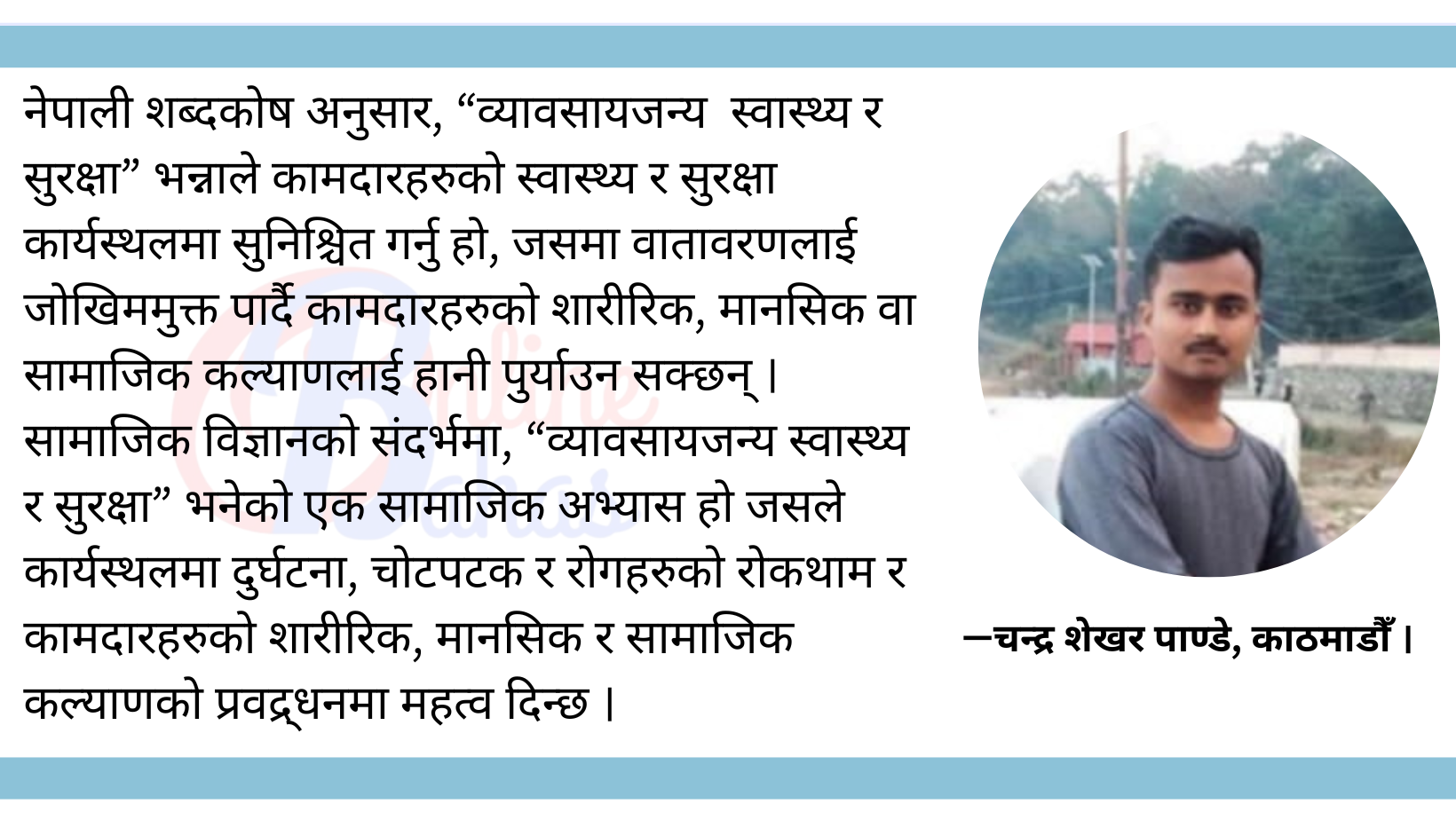Disability Inclusive Development (DID) Workshop: Why for What

Online Bahas
A workshop on Disability Inclusive Development (DID) was organised by Prayatna Nepal on 25th September at Hotel Marshyandi, Thamel; Kathmandu. Ms. Sarita Lamichhane, founder of Prayatna Nepal, and Mr. Nir Bahadur Shrestha facilitated the session in adherence with the key objective of the global disability rights movement “Nothing about us without us”. The majority of registrations were accepted from persons WITHOUT disabilities and those new to the disability-inclusive development to sensitize, advocate, and provide guidance. Altogether there were 24 participants representing various organizations, among them 3 were visually impaired. Ms. Swikriti Parajuli and Ms. Anita Gurung from ICA Nepal actively participated in the program and shared their views on disability and related issues.
Facilitator Ms. Sarita Lamichhane opened the 4th set of DID along with the introduction and welcome of the participants. The ice-breaking question included what comes into our subconscious mind when we see a person with a disability, which sparked few interactions from the participants. Before moving forward, the participants were divided into 5 groups where they participated in individual activity on the Political Party Manifesto and individual voting. The political parties included the paradigm shifts and notions on relating Disability with the Welfare Module (religion and sins of previous life), Medical Science, Human Rights Module, Social and Right based Module, and now the Inclusion Module.
Further, Mr. Nir B. Shrestha highlighted the types and conditions of disability. He said, " Society is the main reason that people look down on us starting from its mental, social, and environmental aspects, the disability civility is not a thing in Nepal where we and our needs are not treated as normal human beings, we know that it's not easy but it's not impossible either". He also shared about Disability cards, its types, allowance, and facilities. Next, through the video presentation, the participants learned about Disability Inclusive Language and Etiquette.
The facilitator then asked the participants if they would accept if their children or anyone from the family wants to marry a person with a disability, with the majority of the answers being unfavorable. Ms. Lamichanne shared, "Unless we wholeheartedly accept the person with disabilities it is impossible for social inclusiveness which only remains on pages, activities, and mind, we want an environment where everyone can participate and thrive." The need to include Disabilities in DRR, community-based Rehabilitation (CBR), Community-Based Inclusive Development (CBID), and Attitude Communication Access Participation (ACAP) along with its principles, components, and key elements was discussed. The program also included a visualization session where they imagined themselves with one of the disabilities and traveled, watched movies, got back home, and so on. Participants then discussed their experiences.
The orientation included in-depth insights on Tools for CBID in Nepalese contexts, how to apply CBID in our organization, along with International and National Laws and Policies. Mr. Shrestha discussed the significance of including persons with disabilities in the entire project planning process rather than just during project implementation. Further, the participants committed to promoting and practicing Disability Inclusive Development. By committing and reciting that together we can build a more inclusive and equitable future for all, the program was formally concluded.
ICA Nepal has been extensively working in collaboration with BB Trust, local municipalities, and organizations on the Differently Abled Support Program: Building Human Capacity. Disability has been one of the cross-cutting programs of ICA Nepal where we have supported a Shelter for 25 PWDs, conducted Social Artistry Leadership Program, Promoting Sportsmanship, Support to Dwarf People, Supported to Visually Impaired, Wheelchair Promotion and Distribution in Nepal, Education, and Scholarship Opportunities, so on.





.jpg)


.jpg)

